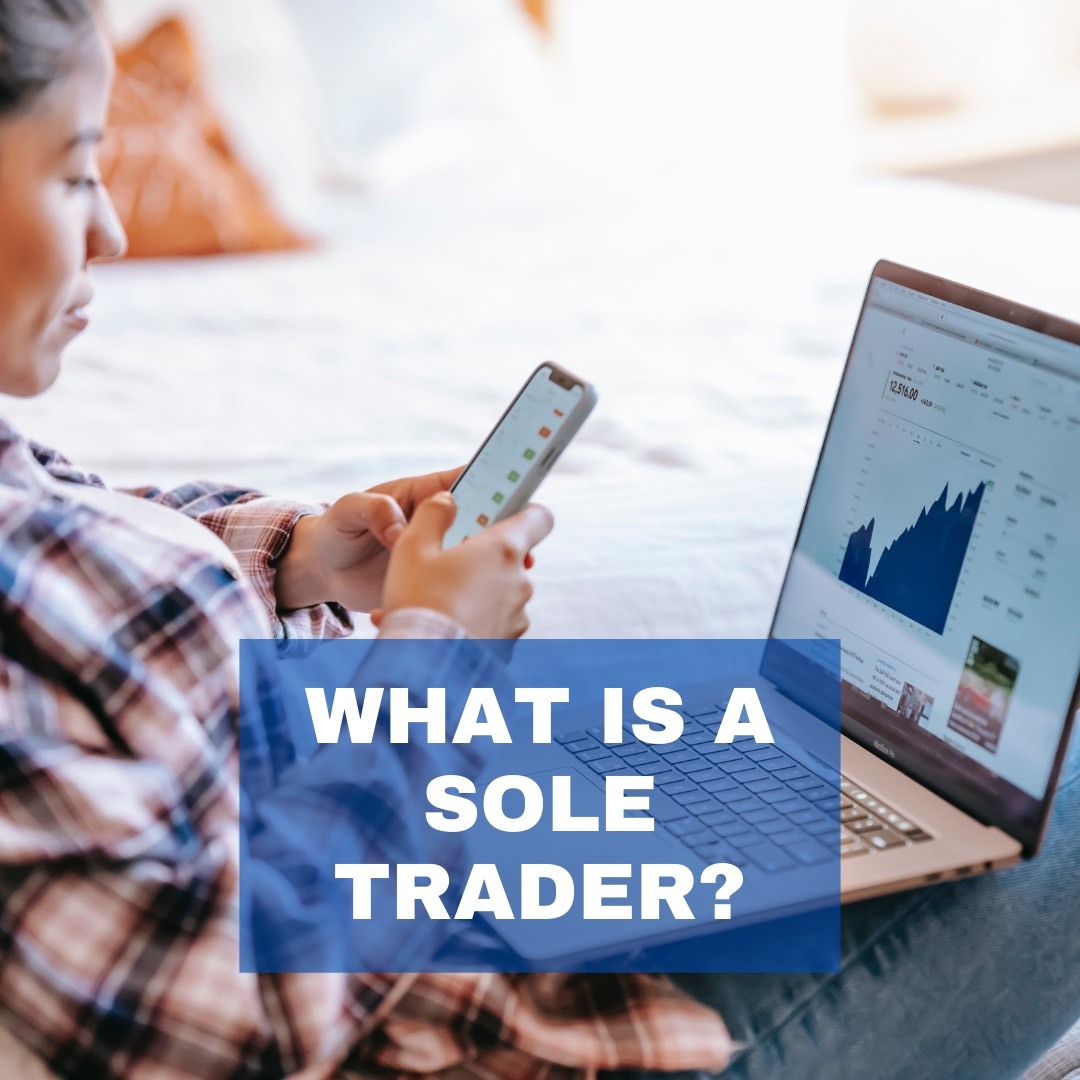A sole trader, unlike the owners of a limited company, is personally liable for their business's debts, and their personal assets may be at risk if creditors are not paid. This unlimited liability, as well as the pressure of having to shoulder all of the responsibility, can pose significant challenges. In another article, we go over 'The best move for your business: sole trader benefits or Limited Company.
The sole trader business model can be used by many different types of businesses, but it is most commonly used by tradespeople who provide services to individuals and families. Plumbers, decorators, plasterers, hairdressers, and other specialised service providers are common sole traders. However, other types of businesses, such as small shops and manufacturers, as well as internet entrepreneurs and self-employed consultants, can operate as sole traders too.
In contrast to many other types of businesses, a sole trader has to remember the following points:
- There is no requirement to register the company with Companies House or to file information with them on a regular basis;
- The business is run solely by the sole trader, with no directors;
- There are no shareholders to whom capital can be invested. Instead, funding for the business is limited to what the sole proprietor can raise on his or her own;
- Because there are no multiple partners, as there are in a general partnership, the sole trader model is usually not appropriate if you want to go into business with someone else, sharing the responsibility and rewards.
A sole trader, on the other hand, shares many characteristics with other business forms, including:
- You must still report and pay tax to HMRC;
- While it is true that as a sole trader, "you are the business," it is still prudent to manage certain things separately, such as having a separate bank account for the business from your personal account;
- If you choose to trade under a name other than your own, you must still follow certain rules when naming your business. For example, your company name cannot be offensive, contain certain "sensitive words," or be a duplicate of another company's name;
- You can hire help. As a sole trader, you are solely responsible for the operation of the business and are not required to work alone.
Responsibilities of a Sole Trader in Taxes
Your business income is counted alongside your personal income. This means that, whether you've had to do it before or not, you'll have to file a self-assessment tax return every year, detailing your income and expenses. You will also have to pay HMRC in the following circumstances:
- Income tax is calculated on the basis of your taxable income;
- Between 6 April 2020 and 5 April 2021, you earned more than £1,000 from self-employment;
- You wish to make voluntary Class 2 National Insurance payments in order to be eligible for benefits;
- Class 4 NICs are 9% of profits between £9,500 and £50,000 in 2020/21, and 2% of profits over £50,000.
You can keep all of your company's profits after you've paid taxes on them, but keep in mind that you're personally liable for any losses your company incurs. If you want to start working as a sole trader or if you are already a sole trader but need help with your finances, please contact Personal Finance [Enquiries@personafinance.co.uk].



